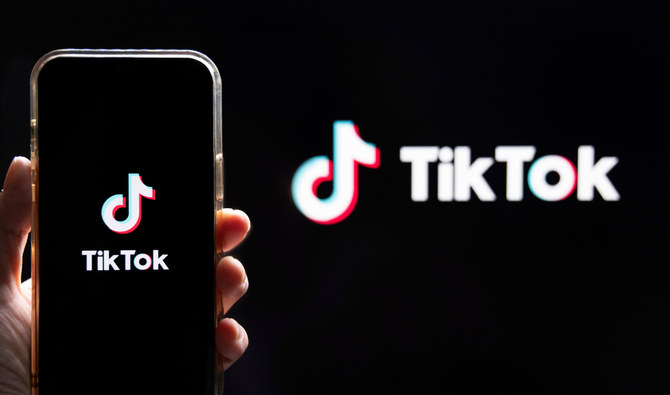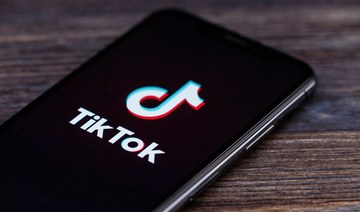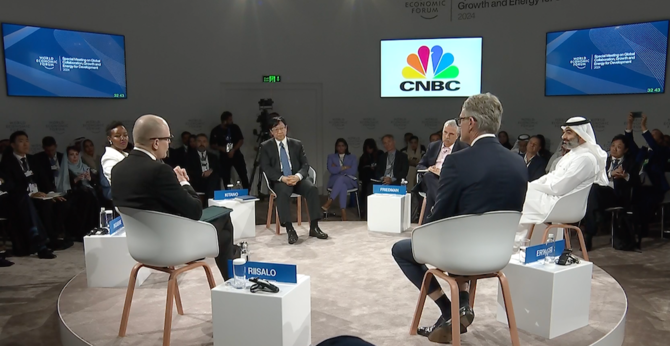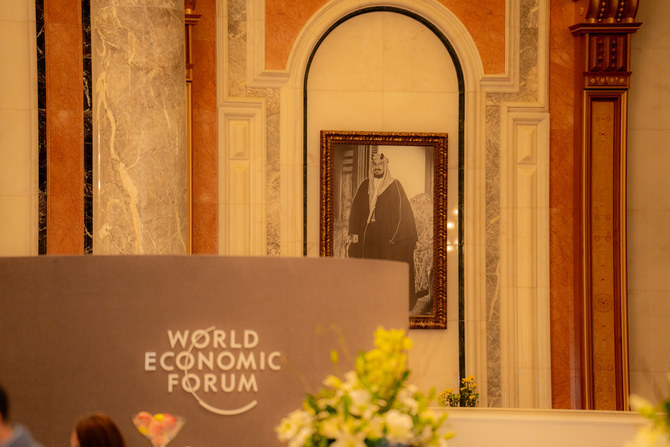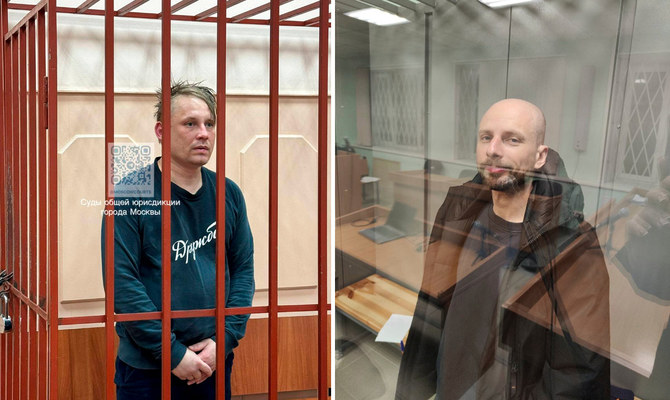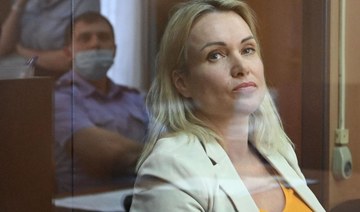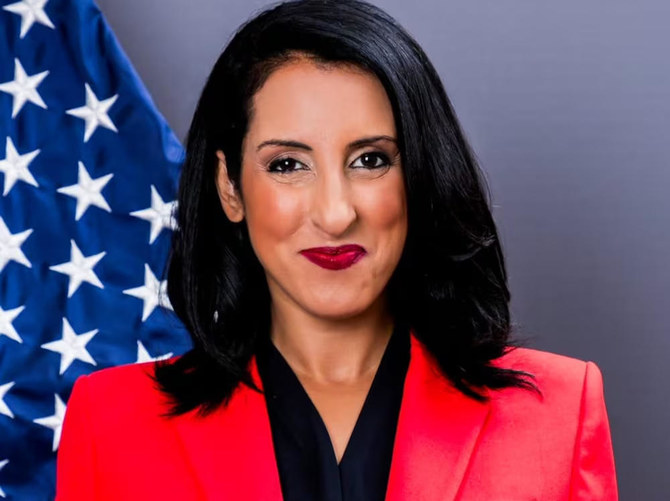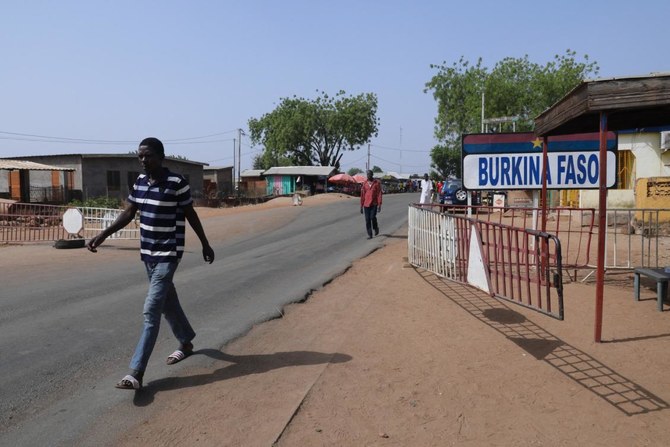DUBAI: Last year, TikTok overtook Google as the most popular website, according to internet-security company Cloudflare. The unprecedented popularity of the short-form video app has spurred a new wave of content creators and influencers, and given rise to new types of content and shopping trends.
The consumption of technology-related content on the platform grew by 302 percent last year across the Gulf Cooperation Council area, as users shared and learned more about new devices and virtual technologies. Meanwhile, beauty-related content increased by 169 percent in the region, with many users sharing makeup tutorials and skin-care regimens, according to TikTok’s recent What’s Next report. Food and fashion, also among the leading categories of content, experienced growth of 197 percent and 287 percent respectively.
One of the most notable recent trends on the platform has been the rise of #TikTokMadeMeBuyIt. Videos uploaded with the hashtag have amassed a global total of 13 billion views as of June 2022.
Moreover, 92 percent of TikTok users said they take action after watching a TikTok video, with one in four globally saying they are inspired to research a product or even make a purchase, according to a TikTok Marketing Science global study conducted by Kantar.
“On TikTok, creativity can take a lot of different forms, especially when it comes to brands,” Fahad Almaghrabi, the head of business partnerships, global business solutions for TikTok in Saudi Arabia, told Arab News.
“Because of TikTok’s community-driven approach, we’ve seen entrepreneurs become creators on the platform and creators become entrepreneurs.”
Almaghrabi shared with Arab News more information about the potential for growth that TikTok offers entrepreneurs and how the platform is helping independent and small businesses.
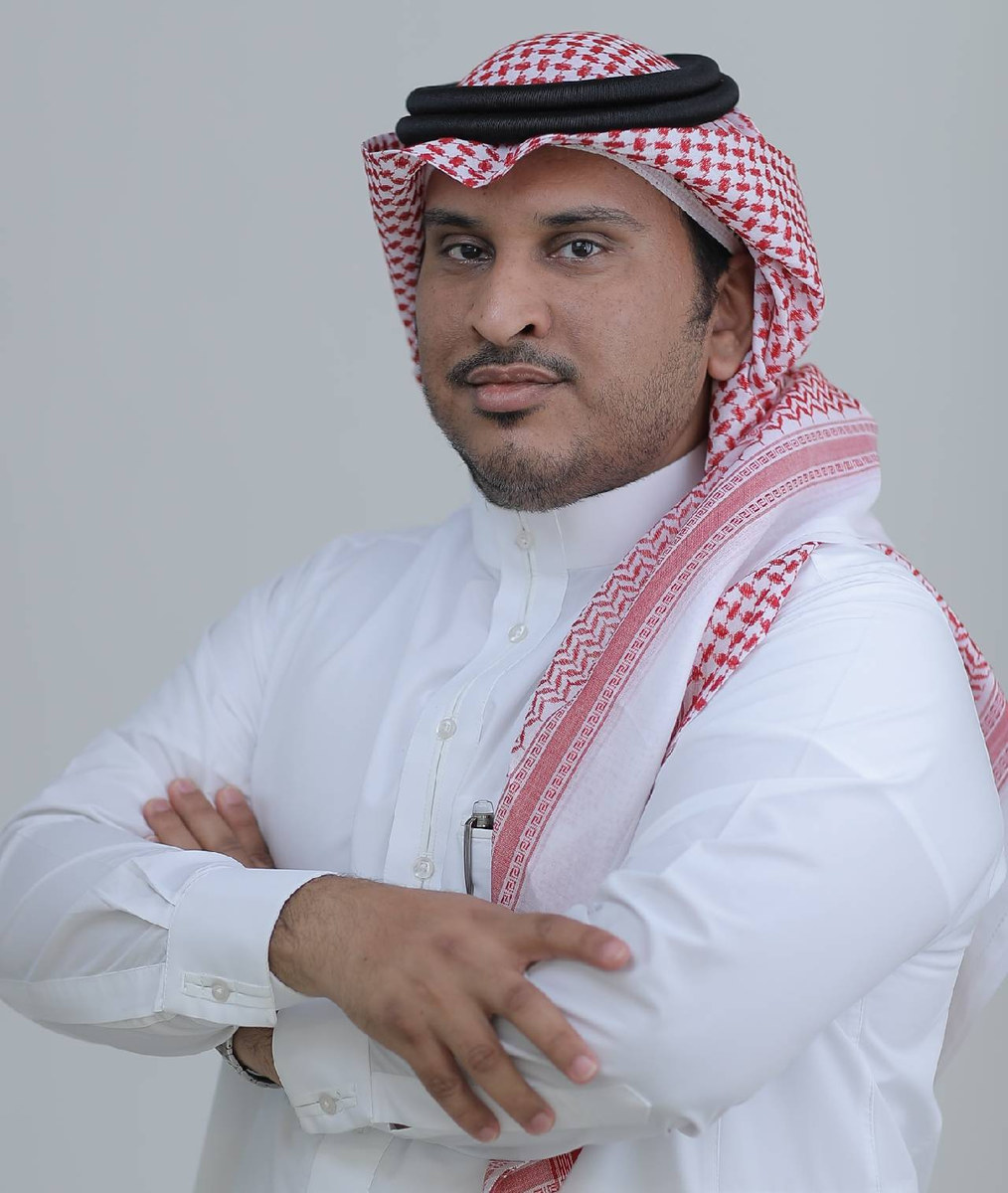
Fahad Almaghrabi, the head of business partnerships, global business solutions for TikTok in Saudi Arabia. (Supplied)
Can you share some examples of the kinds of small businesses and entrepreneurs that are using TikTok as an effective marketing tool?
We are creating an environment where brands, creators and communities are in complete harmony. One example is that of @abdulrahman_khaalid, who is using the platform to educate followers on entrepreneurship and to promote his e-commerce courses.
Small businesses, such as Dubai-based Uncle Fluffy, a Japanese cheesecake franchise, are also utilizing the platform. Uncle Fluffy, known for its fun and engaging content, has built its brand heavily on TikTok. TikTok provides (the brand) with highly organic engagement that has a huge impact on brand awareness.
To further build on this engagement, Uncle Fluffy wanted to take its TikTok presence to the next level and reach more followers. It promoted its organic content with Spark ads, a native ad format that allows brands to boost their own organic content (or the content of other creators) as TikTok ads.
Within just 14 days, Uncle Fluffy hit one million followers by gaining 878,000 new followers, purely through the efforts of this campaign.
What are the advantages for small businesses of using TikTok over other social media platforms?
TikTok offers an authentic and community-driven approach, giving brands and sellers of all sizes a platform to showcase their creativity and personalities in a new way.
Our participatory nature is creating an entirely new way for brands to connect with their communities — it has made product discovery and shopping a native, engaging and entertaining experience for users, which isn’t the same for other platforms.
The magic of TikTok was never limited to creation and expression; it’s also a chance to discover — and be discovered. With TikTok for Business, our goal is to give everyone, from legacy brands to local SMEs (small and medium-size enterprises), the tools to be discovered and connect with broader communities.
Through TikTok for Business, small business owners can represent the most authentic version of their brand on TikTok without limits or judgment, get discovered by a captivated audience that can’t be reached elsewhere, in a sound-on environment, and easily create paid-ad campaigns within minutes to reach their ideal customers.
Additionally, through our TikTok Self-Serve Platform, we give businesses of all sizes an affordable and simple option for reaching the people who matter to them.
Are there any particular types of businesses for which TikTok is particularly well suited?
TikTok is home to a new kind of shopping culture: community commerce, which is the blend of community, entertainment and shopping that makes product discovery unique on TikTok.
Community commerce is where consumers seek validation when making a purchase, and the TikTok community is there to be a trusted source for peer review and word-of-mouth recommendations.
This isn’t limited to any particular business; whether it’s apparel and accessories, beauty and personal care, tech and electronics, or food and beverage, there’s an opportunity to connect and thrive.
To give you an example, in 2021, according to our What’s Next report, the consumption of fashion content in the GCC grew by 287 percent and the consumption of beauty content grew by 169 percent. Needless to say, our communities are thriving and are looking to connect.
What do entrepreneurs need to know about advertising on TikTok?
We have seen how entertainment fuels product discovery and it’s clearing shelves for brands. Our community is fundamentally shifting how people experience commerce. We look to build an experience where brands can showcase their creativity and personalities in a new way, and where people can easily go from discovery to purchase.
There are a host of advertising solutions available through TikTok for Business to support any business’s marketing needs, whether it’s driving traffic to your website, growing online sales or attracting new sales leads, to name a few.
One example of the ads available through our Ads Manager is Spark Ads, which we launched last year in the region. It’s an ad-display format that enables brands and businesses to boost not only their own popular organic posts but also amplify relevant content shared by the community.
We also offer TopView, where when you first open TikTok you may see it as the first piece of content. It is rich, with sound-on and up to 60 seconds long. Our other solutions include branded hashtag challenges, brand takeovers and in-feed ads.
What are the metrics of success that small businesses should look out for?
TikTok has the advantage of being the newest player, allowing us to build an ecosystem of measurement solutions with fresh eyes — a disrupted field of marketing where gaps are created by evolving technology and regulation, and audience behavior presents an opportunity to find new and better ways to achieve brand and business goals.
That brings us to our Measurement Framework goal, which helps brands make smarter advertising decisions on TikTok with a full set of measurement tools made to drive full-funnel business impact. TikTok’s solution is a multi-layer framework, built to be customizable based on the measurement goals an advertiser has identified.
The TikTok Measurement Framework has three primary purposes. Firstly, to be safe and seen, which means that our solutions assure brands that ads are being seen by real people in a safe, fraud-free environment.
Secondly, to build performance through our toolset, which helps advertisers attribute campaign impact and optimize campaign performance. And thirdly, to analyze impact by unpacking the impact of different media investments with TikTok.
Brands should consider these three strategies as buttons to push based on the goals they are trying to measure. The idea is to activate one, two or all three to build a purposeful powerhouse on the TikTok platform, giving brands a clear output to measure success.



